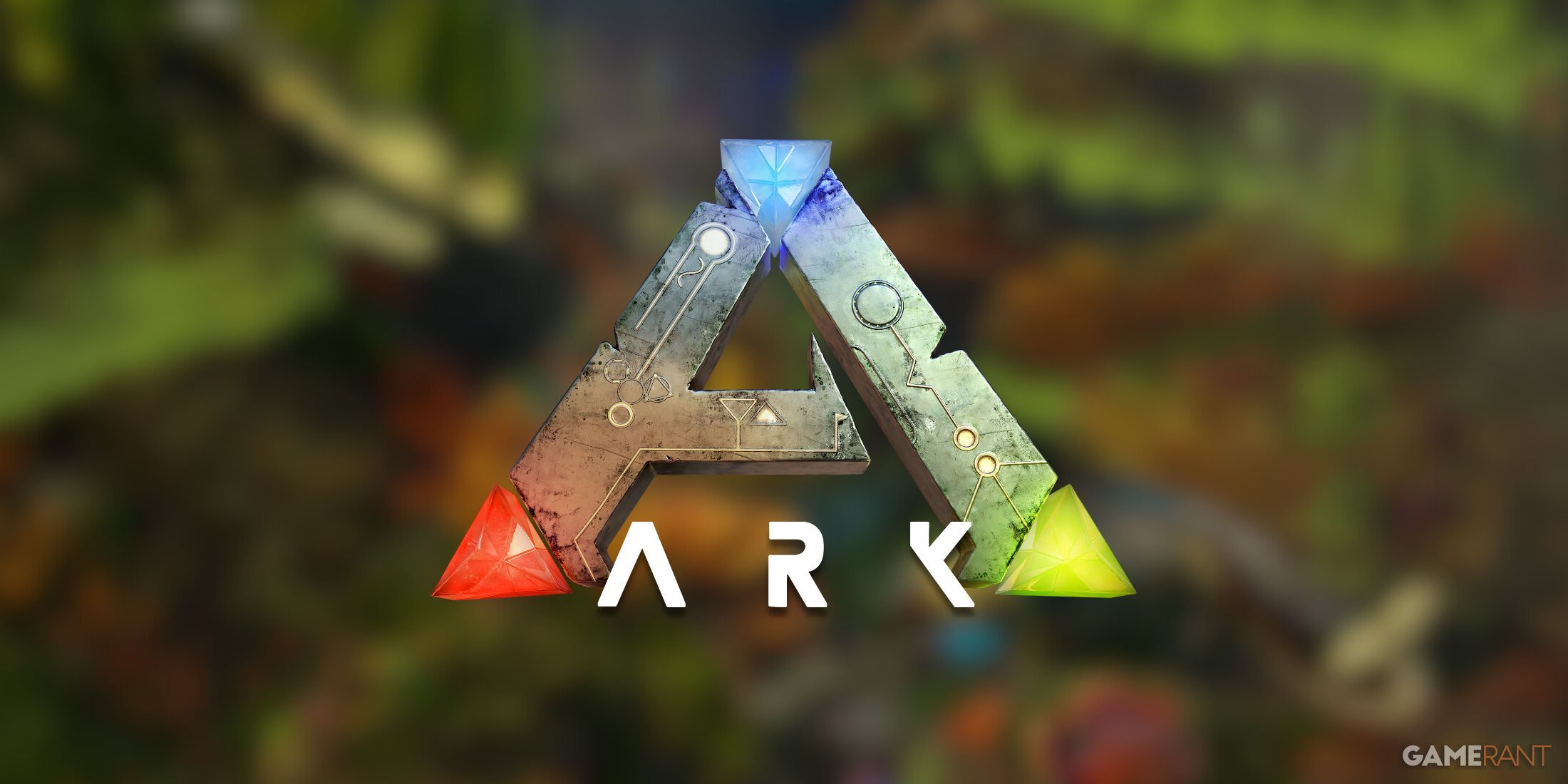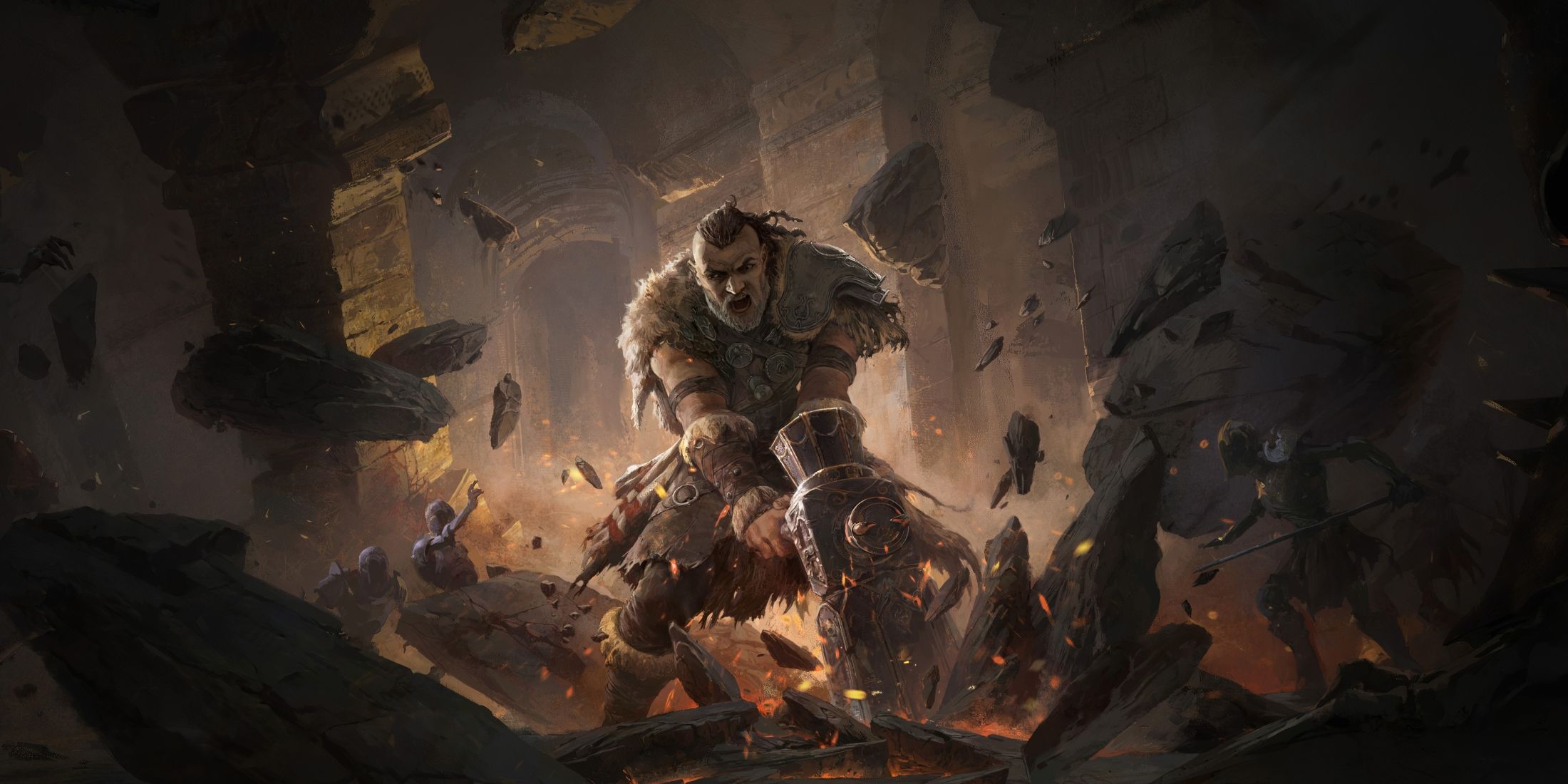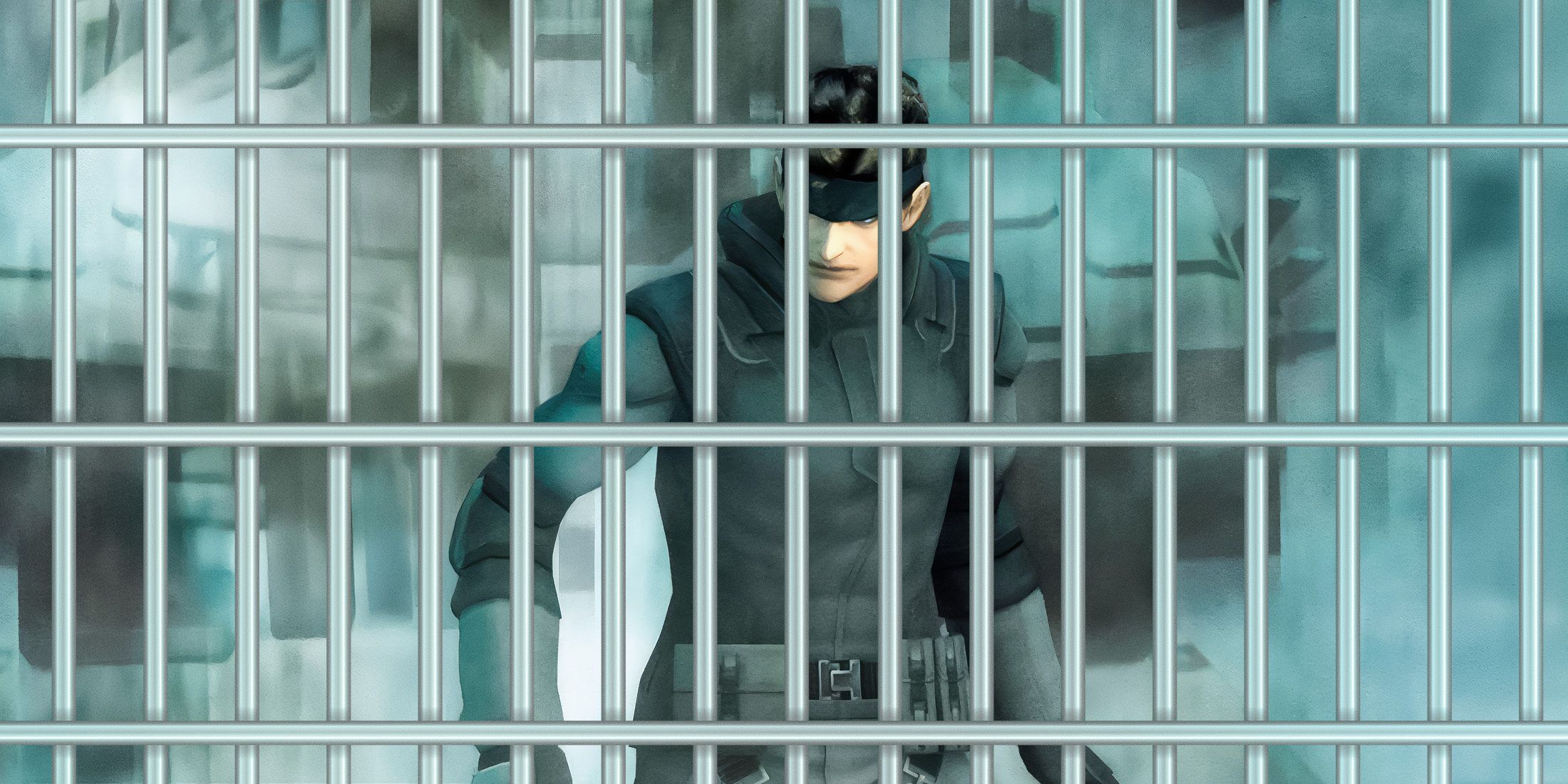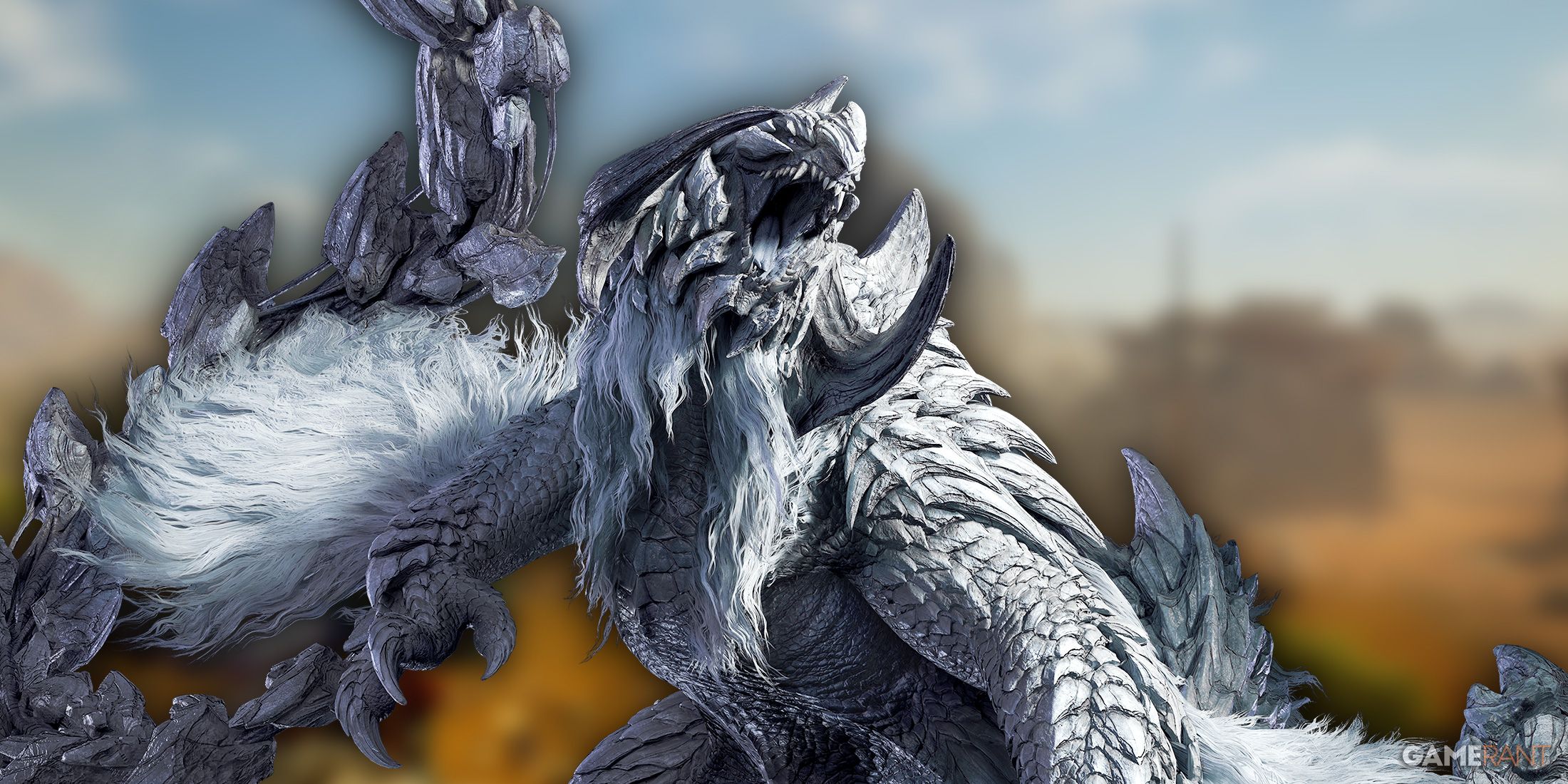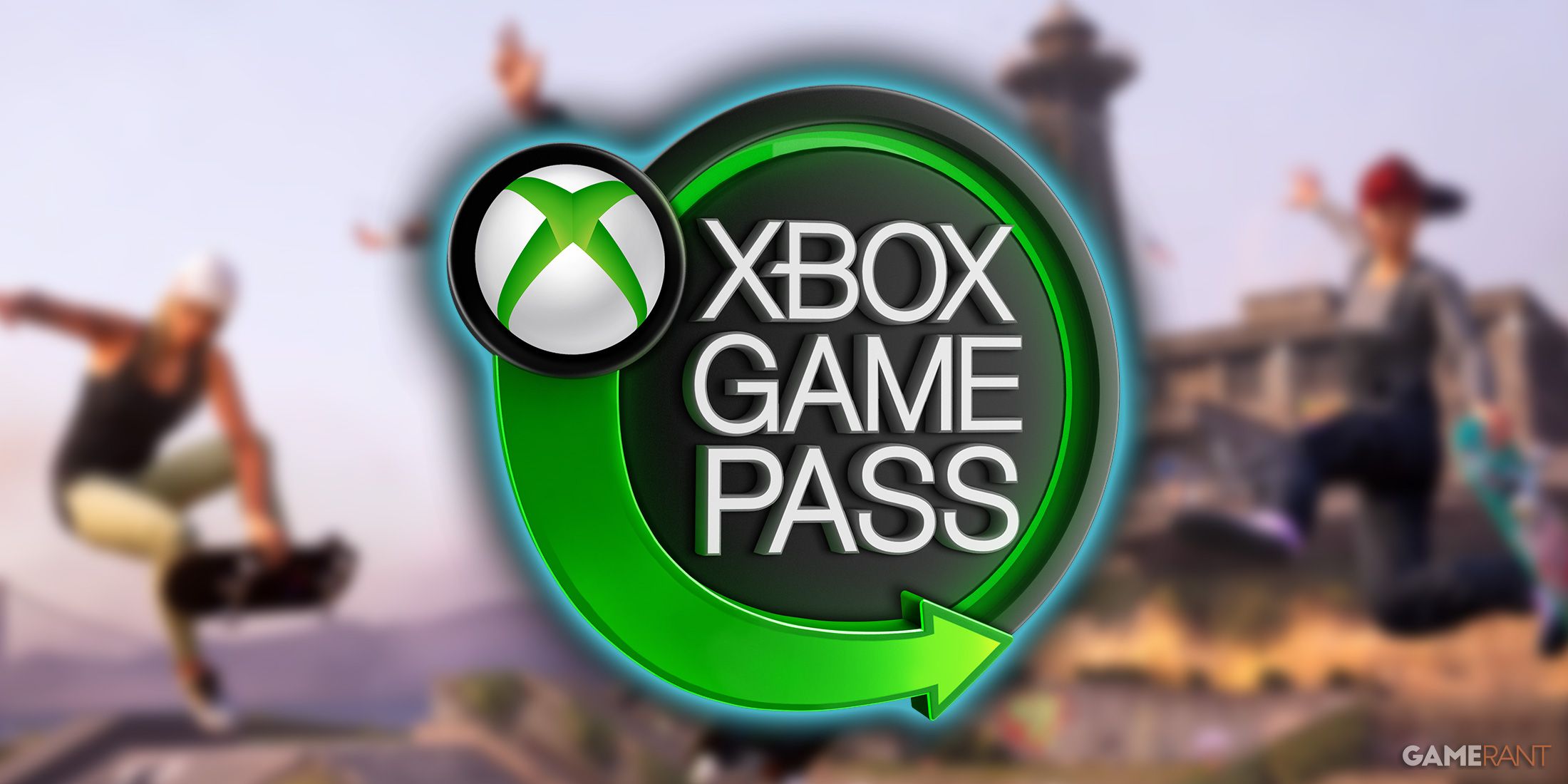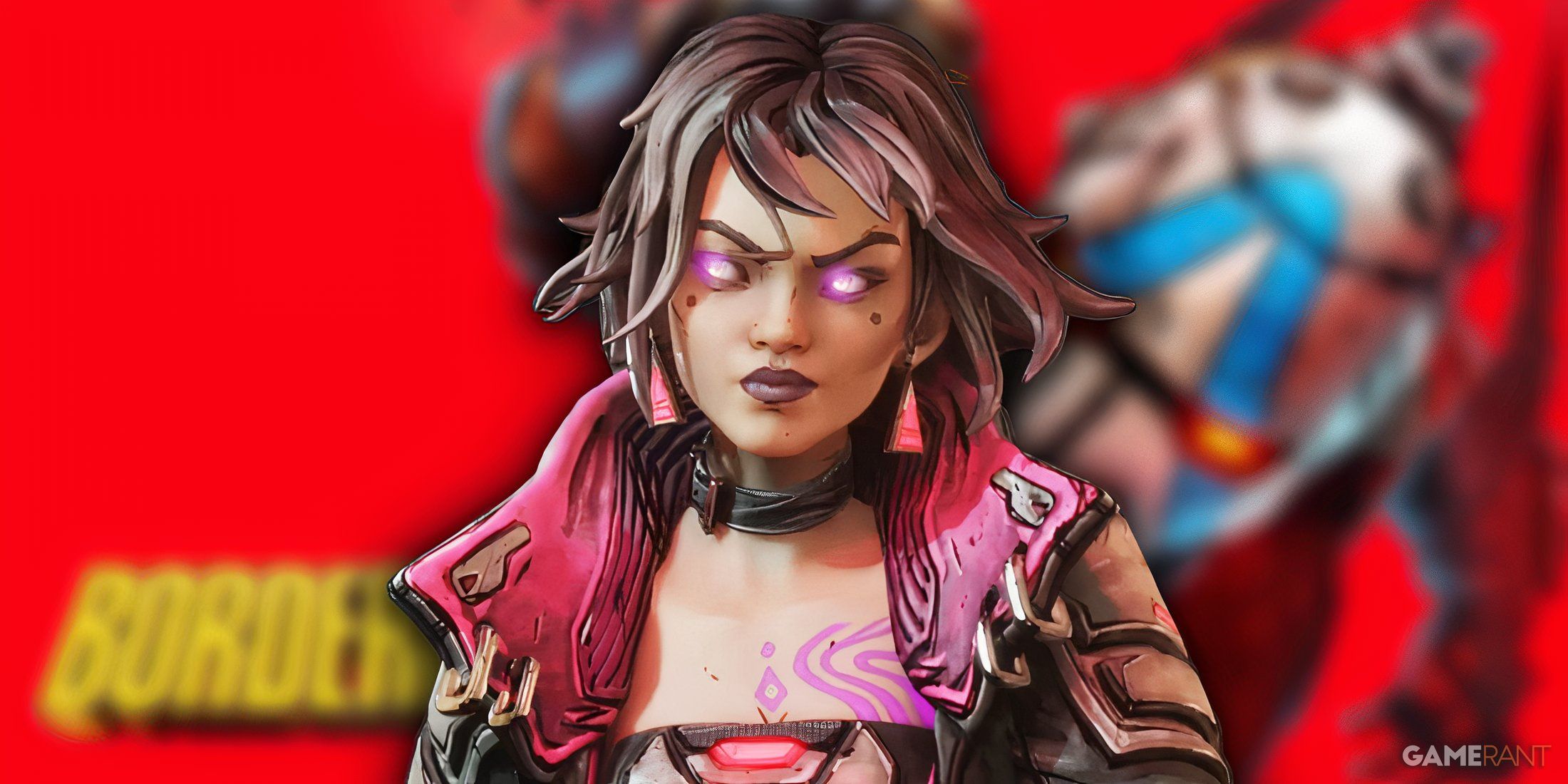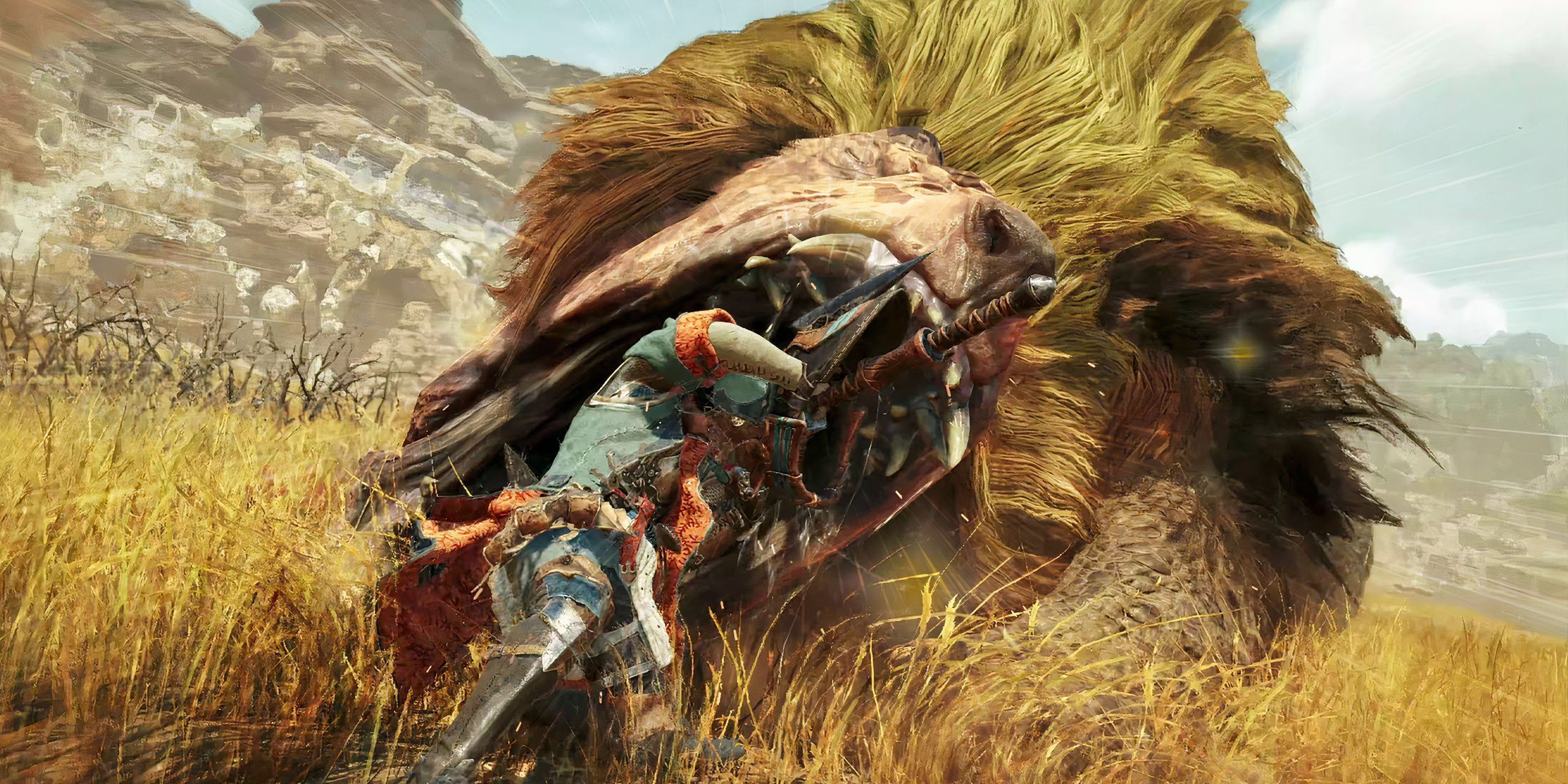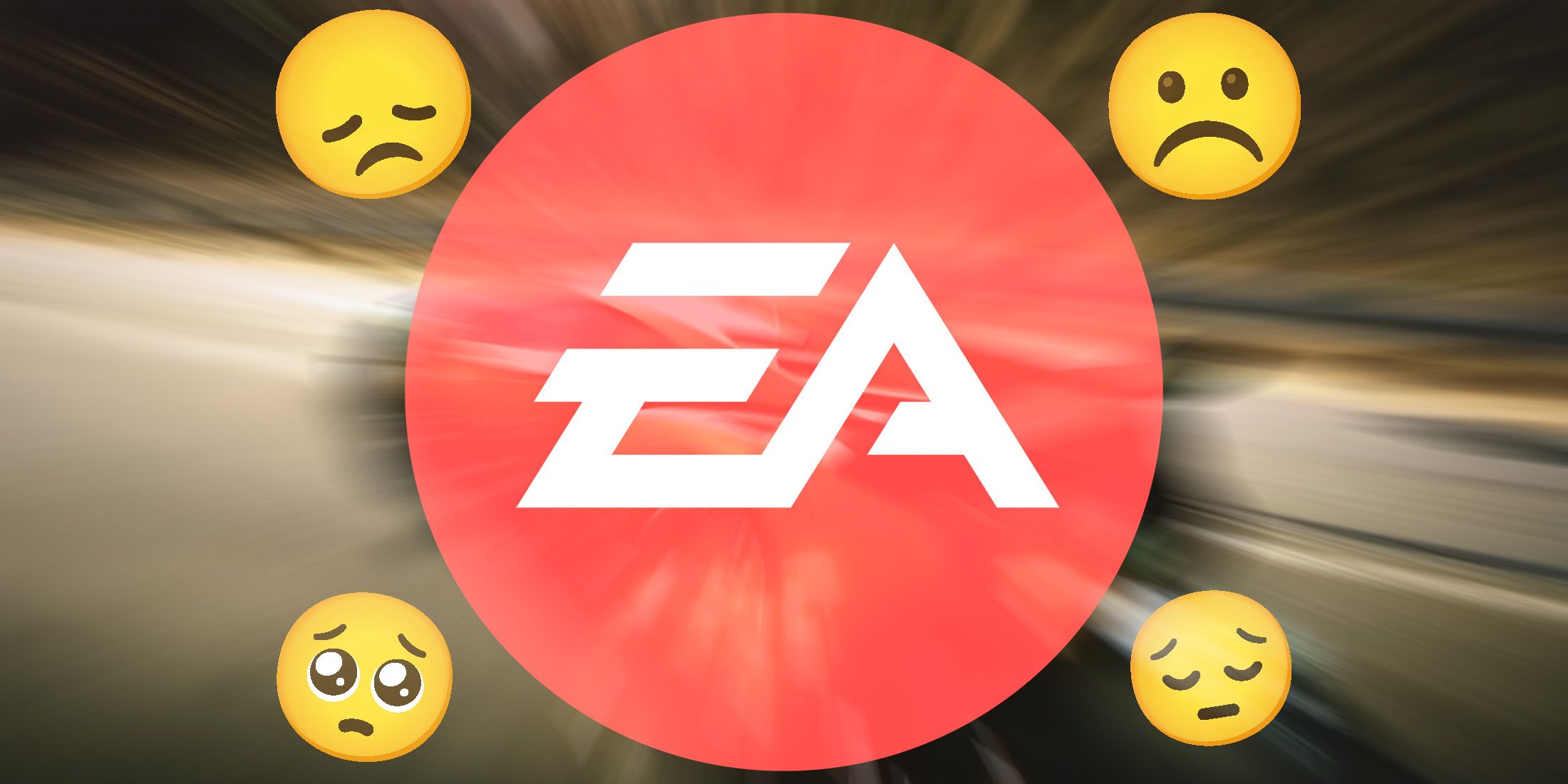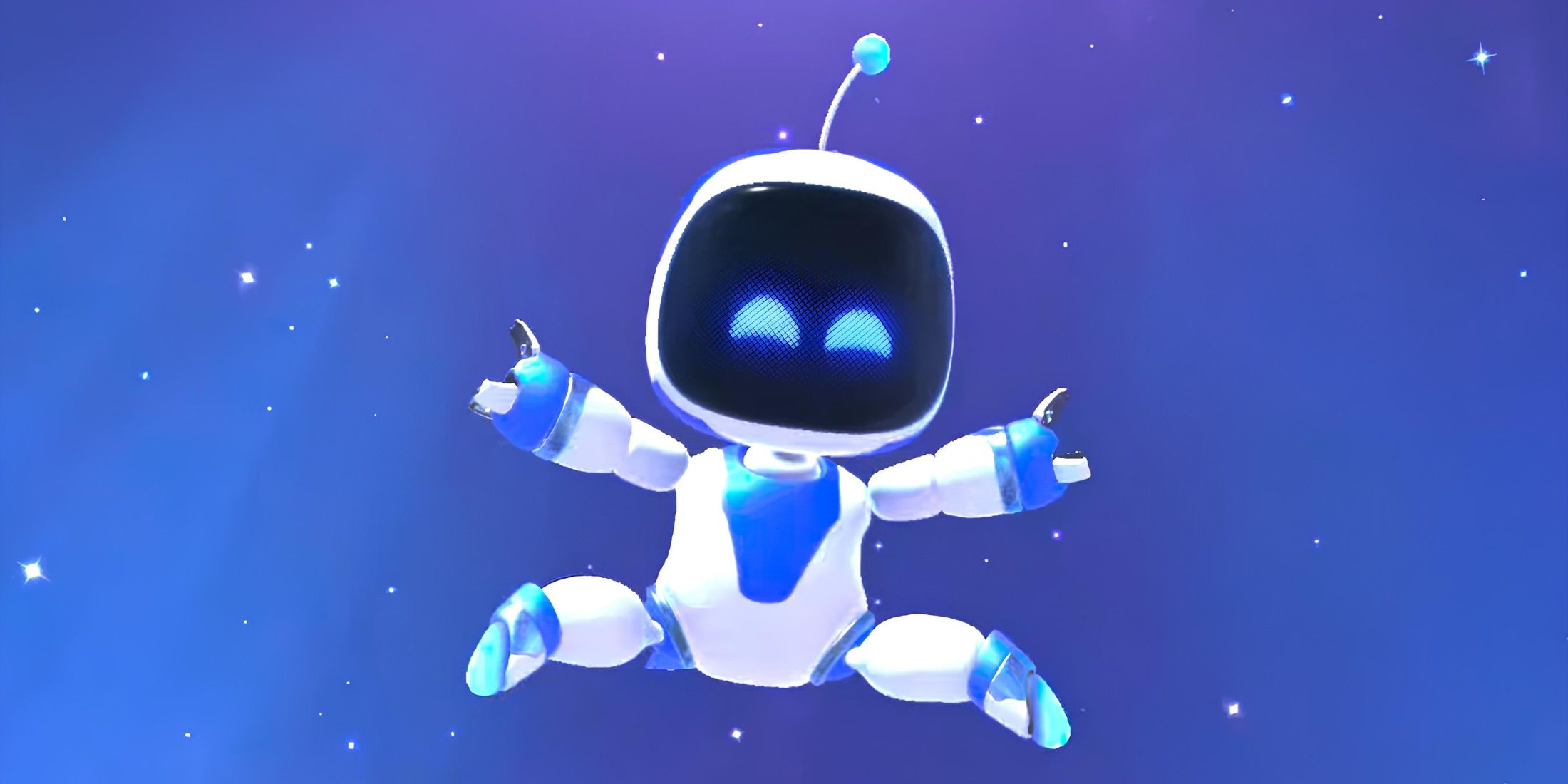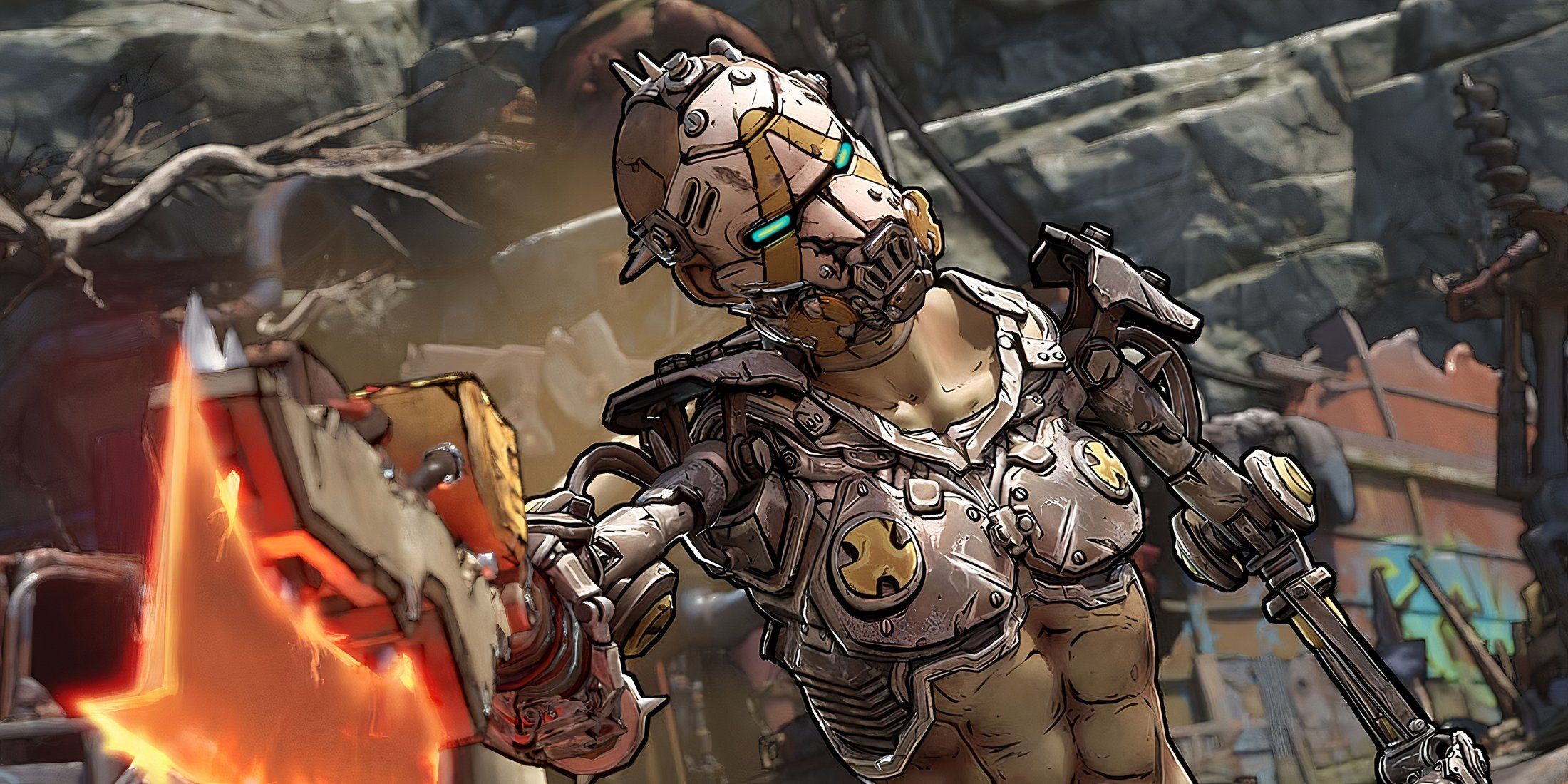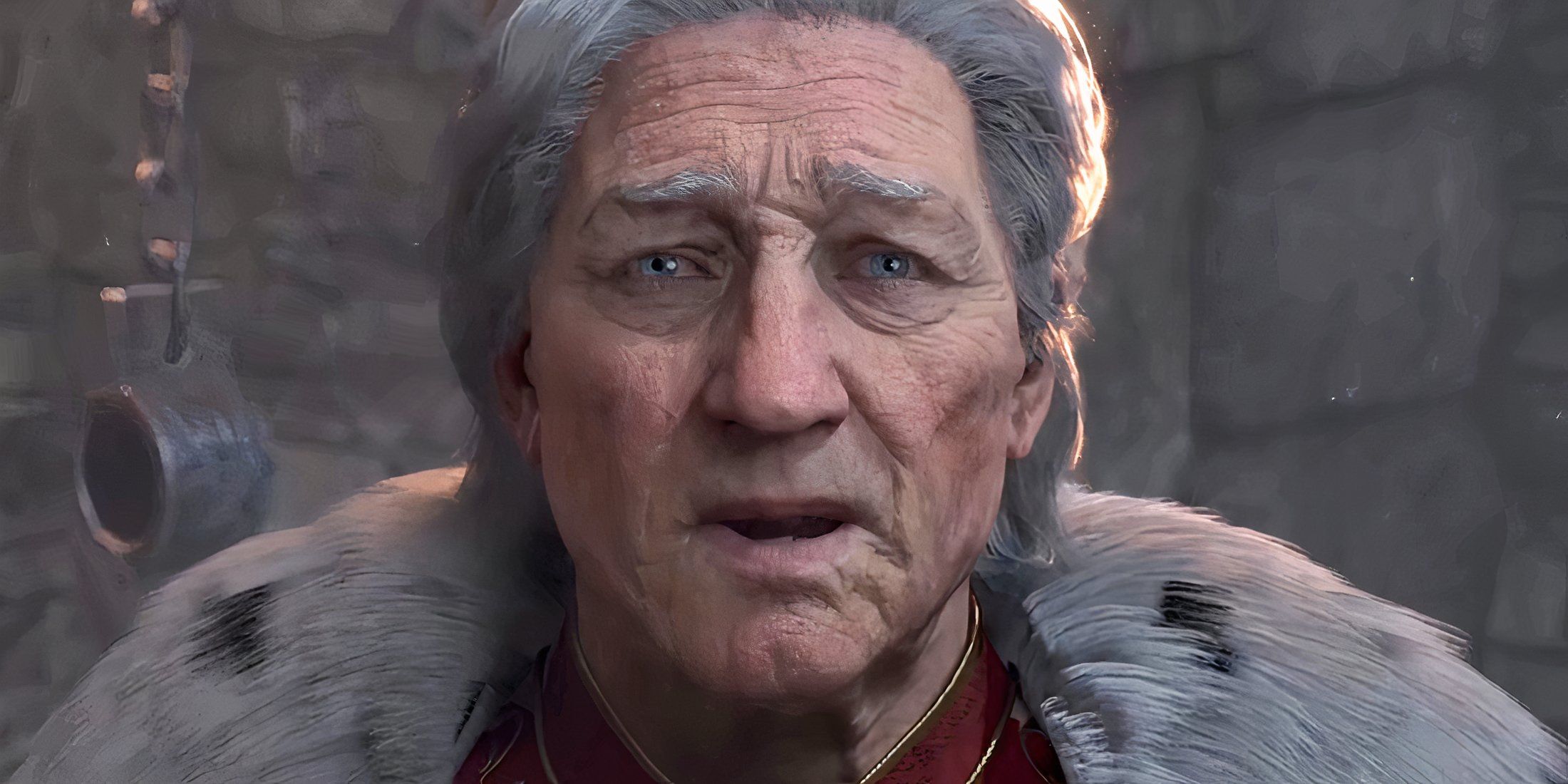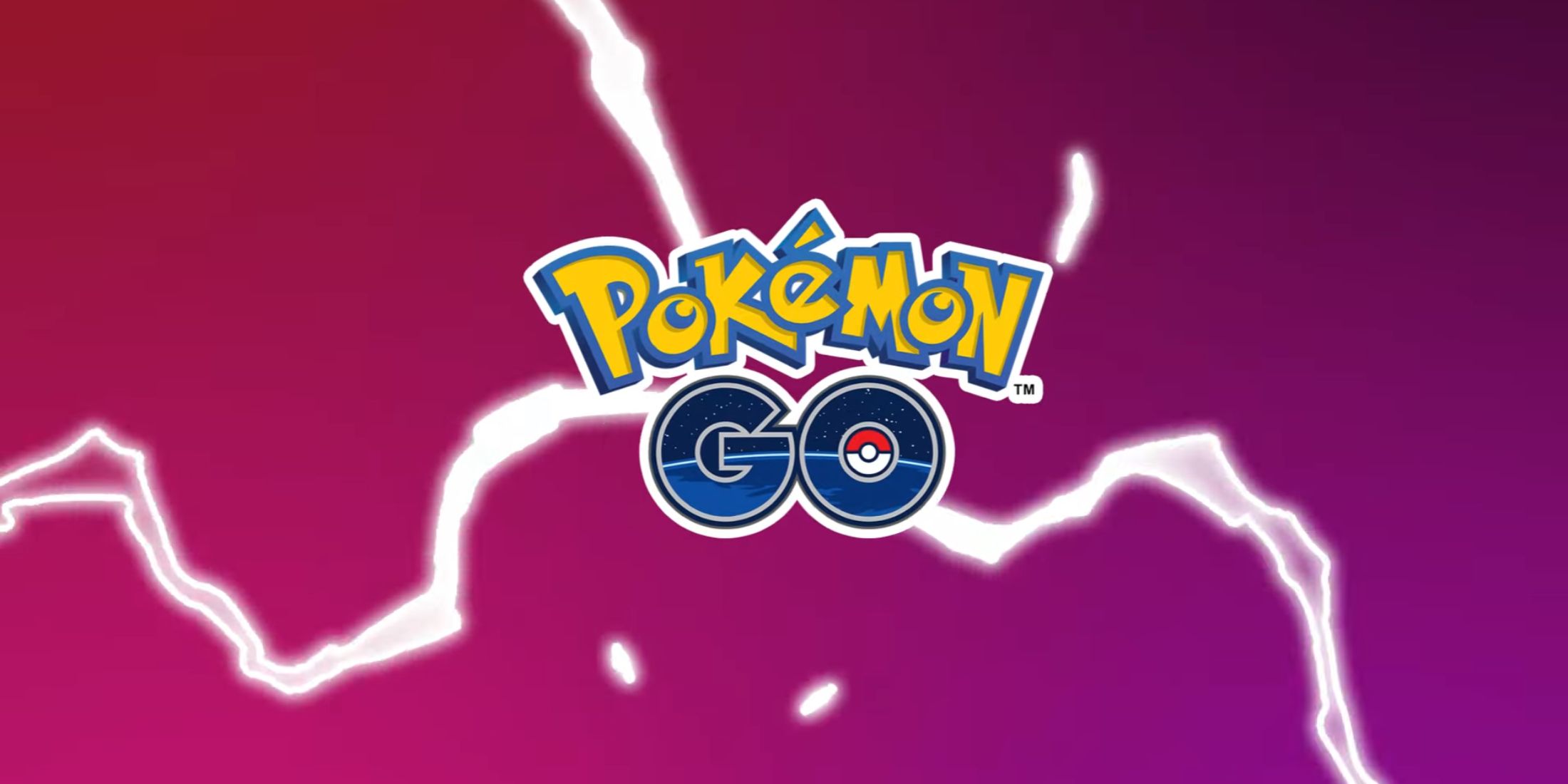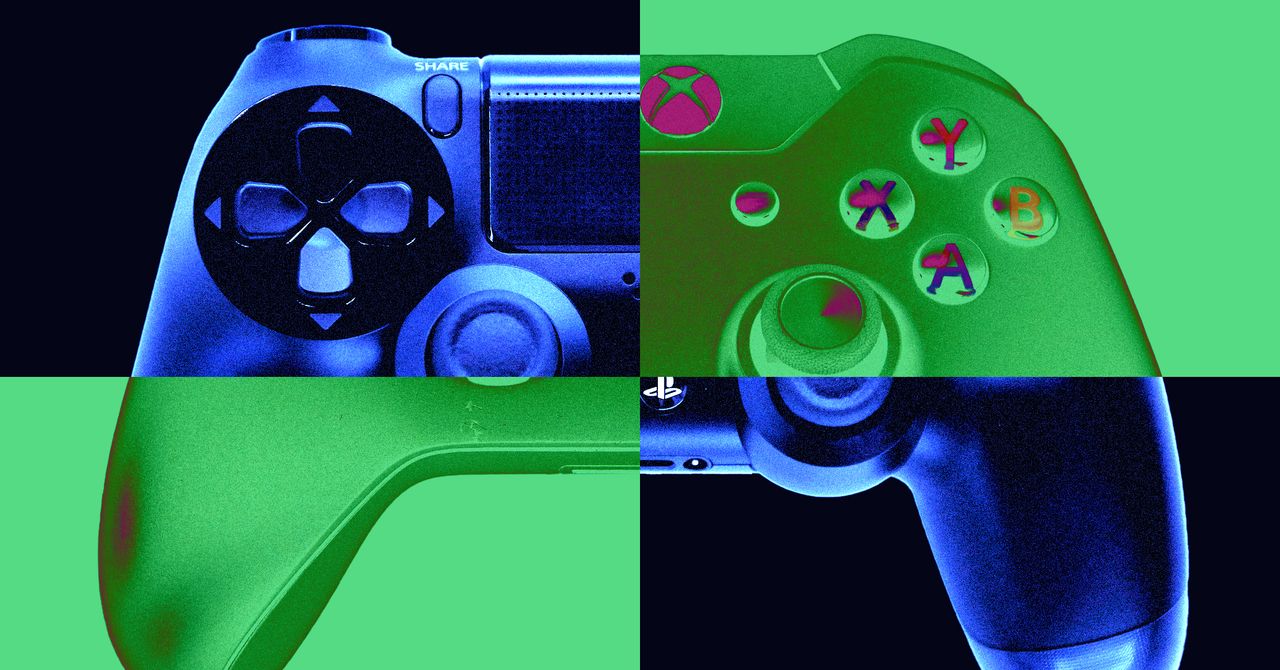
The Andersons are Christmas traditionalists. Dan says it’s more his wife Paige than him, but secretly he also loves all the fuss.
So, there they were on the sofa in their pajamas in front of the twinkling Christmas tree before the sun had risen over a chilly morning in Buffalo, New York. Thirty-two-year-old Dan was proud and smug as he handed over his gift to Paige—a “fancy new Kindle Voyage.” She loved it. Then it was his turn, and he excitedly ripped into the wrapping paper watched over by his confused dogs—one of which was tellingly named after Dan’s favorite computer-game character (Vivi from Final Fantasy). As the present revealed itself, the avid gamer saw the instantly recognizable and much-loved logo—it was a brand-new PlayStation 4. Straight away he unpacked it, rigged it up to the TV, and switched it on. The plan was to get it fired up and download LittleBigPlanet 3 to play for a few hours before meeting up with family.
Paige had been looking forward to it since she bought the new console. However, it wasn’t to be. “We didn’t even make it as far as starting to download the game, because it wouldn’t let me log in to PlayStation Network,” Dan said. “Nothing was online at all, so we couldn’t even try and download games.” Disappointedly they headed out for the day’s events and couldn’t try again until that evening, when they discovered that the network was still down. A $400 gift they couldn’t play. Dan had to work the next day too, so he couldn’t even try it then. He was gutted.
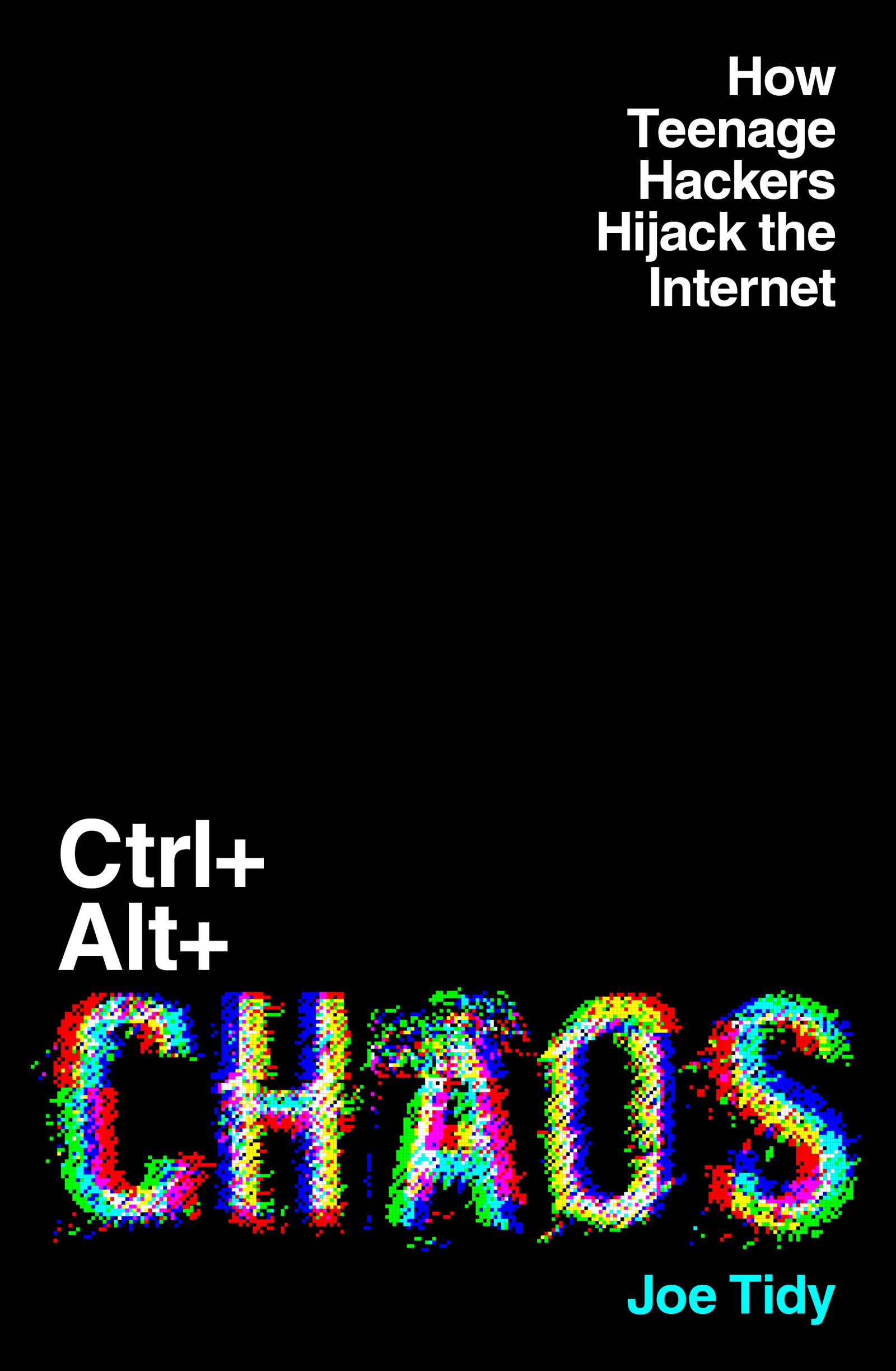 Courtesy of Elliott and Thompson
Courtesy of Elliott and ThompsonBuy This Book At:
AmazonBookshop.orgTargetIf you buy something using links in our stories, we may earn a commission. This helps support our journalism. Learn more.
Five hundred and fifty miles north, in Toronto, 16-year-old Mustafa Aijaz was pumped. Christmas Day—particularly the evening—was the best game time of the year. It’s always been a bit of a holiday within the holiday for serious players. The tradition revolves around a phenomenon called “Christmas Noobs.” At Christmas, so many new players receive new games and consoles that online games are flooded with a tidal wave of gamers who often fumble their way through the top games and act like cannon fodder for the waiting legions of seasoned veterans. Mustafa and his mates were skilled at Call of Duty: Advanced Warfare. “We were all ready for a night of easy wins, quick XP [experience points] farming, and were looking forward to leveling up like crazy.” So, they waited like crocodiles anticipating herds of migrating buffalo to enter the river. But just as the bullets started flying they were all unceremoniously chucked out of their matches and knocked offline. “None of us could log back in, and party chat was down too, so we couldn’t even talk to each other to figure out what was happening,” Mustafa said.
It was all over social media: A group of hackers called Lizard Squad were bragging about their massive DDoS attack on Xbox Live and PlayStation Network—the crucial services that linked tens of millions of gamers to the Microsoft and Sony servers. Mustafa had seen that the group had already carried out smaller-scale attacks and had for weeks been taunting and threatening a big attack. Apparently it was all linked to some silly and incomprehensible spat with a rival but minor hacking group. Mustafa was angry but also fascinated by the attack and the incredible reaction online. “The fallout was instantaneous. People were furious,” he said.
PlayStation Network at the time had about 110 million subscribers, and Xbox Live had roughly 48 million. Xbox was back to normal within 24 hours—on Boxing Day. But PlayStation struggled for longer. It didn’t just affect existing subscribers. Before you can use any new games, consoles, or vouchers, you need to register them via the gaming company’s servers. It was a catastrophe for the games industry, especially Sony, which had already been having a tough time after a different cyberattack the previous month.
Services were down around the world. Error messages in dozens of languages were being posted as screenshots on YouTube and Twitter. There was nothing anyone could do until the engineers at Sony and Microsoft figured it out or Lizard Squad stopped the attack.

